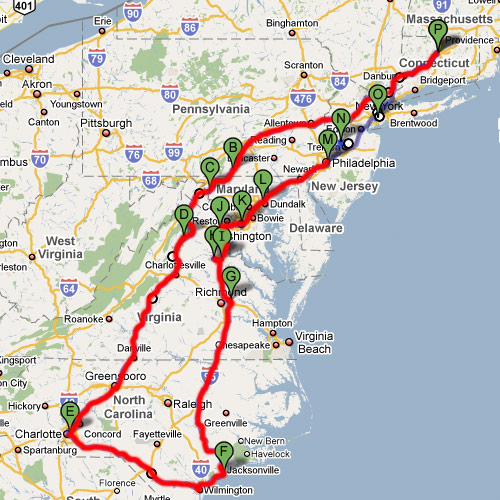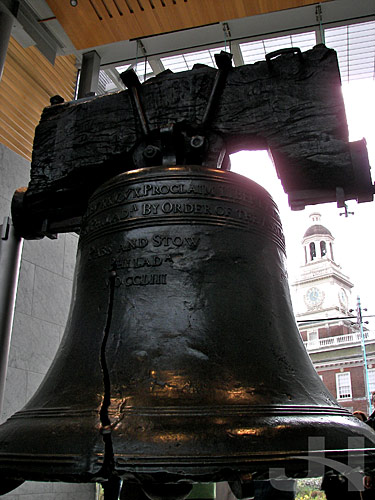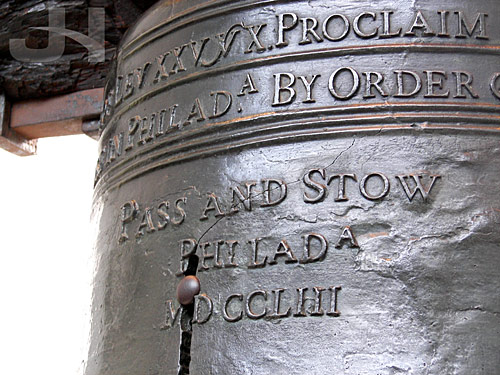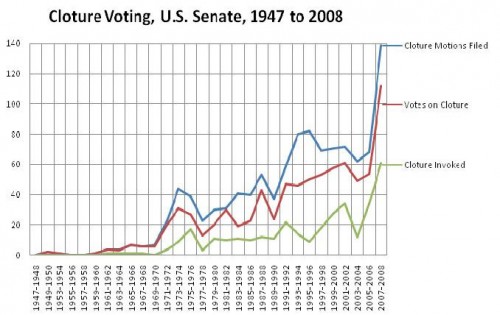
Rarely do I see a 2.5-plus-hour film and not want the film to end and then when it does want to see the film again immediately. This, however, was the case with Avatar. Written and directed by film-making-pioneer James Cameron, Avatar is a phenomenal film and an amazing and spectacular visual and technical achievement. Providing the score for Avatar is past-Cameron-collaborator James Horner who composed a fantastic and very effective score, one which will likely and deservedly win him some hardware come awards season.
I’ve been listening to the score for a few weeks, but I decided to wait until I saw the film to write about the music. Film scores, of course, are primarily intended to exist as a cohesive part of the overall motion-picture experience. Many scores, though, work just as well outside their corresponding film as they do inside it. James Horner’s score for Avatar works wonders both in the film and out of it.
The score starts with a somewhat unsettled mood in “You Don’t Dream in Cryo….” In “Jake Enters His Avatar World,” we are treated to a musical interpretation of the film’s visual and thematic juxtaposition between the human world and the Na’vi world. As paraplegic-main-character Jake first experiences his avatar body in the confines of the human laboratory, the music is very troubled with hammering pianos and pulsing shakuhachis, but as Jake escapes and experiences running again, the music segues to a fantasy-like dreamscape with tinkering harp, uplifting brass, and rhythmic percussion.
/swf/audioPlayer2.swf
“Pure Spirits of the Forest” gives us our first taste of the musical ideas and textures Horner created for the Na’vi people and the forest as Jake first interacts with both; “The Bioluminescence of the Night” continues this. The music is often very dreamy, ethereal, and relaxing just like the spectacular visuals on screen.
/swf/audioPlayer2.swf
Finally in “Becoming One of “The People”, Becoming One with Neytiri,” we are treated to the first major statement of Horner’s main Avatar theme (previous tracks flirt with the theme). This statement is layered with ethnic-sounding percussion and vocals to great effect:
/swf/audioPlayer2.swf
“Climbing Up ‘Iknimaya – The Path to Heaven'” continues the Na’vi-inspired magic, again using percussive elements very effectively:
/swf/audioPlayer2.swf
…as does “Jake’s First Flight”:
/swf/audioPlayer2.swf
After these few tracks that heavily favored the Na’vi music, we have a few tracks that bring the musical world back to the human world. “Scorched Earth” and “Quaritch” with their frantic chanting, percussion, and brass is a 180-degree-turn from the previous track:
/swf/audioPlayer2.swf
In “The Destruction of Home Tree,” we are presented with some oft-tragic, distressed action-based music:
/swf/audioPlayer2.swf
The final track in this group is the unsettling, mournful track “Shutting Down Grace’s Lab.”
/swf/audioPlayer2.swf
Then we arrive at my favorite track on the album, “Gathering All the Na’vi Clans for Battle.” The track starts slowly, but the second half is pure Horner magic. When I first started listening to the score before I had seen the film, I had a fairly good idea of what was happening in the film based on the track’s title and the music. When I was watching the film with the music in the forefront of this particular scene, I had a huge smile on my face from the combination of the inspiring music with the sequence. I saw the film with my dad, who knows how much I enjoy film scores, and he leaned over to me and asked if I had the music from Avatar yet because the sequence with the music was that good. The music is stirring and propulsive, serving the scene extremely well:
/swf/audioPlayer2.swf
“War,” the final score track from the online-download version, is a behemoth of a track both in terms of length and content. The track starts with music that accompanies the human mobilization for war and continues with music from the battle between the humans and the Na’vi. Horner wrote some exciting, tense, and, at times, heroic music for the battle, and this track is easily one of the best on the album:
/swf/audioPlayer2.swf
The online-download version of the album concludes with the song “I See You,” performed by Leona Lewis. The song is serviceable and is a nice rendition of the main theme.
For those who bought the Avatar soundtrack in stores (or found the track online), the album concludes with a bonus track, “Into the Na’vi World,” which makes me want what else was left off the album given the rousing quality of the track. I was listening for the correct placement of this track in the film, but if it’s in the film somewhere, I missed it.
/swf/audioPlayer2.swf
Speaking of missing music, there is, of course, some missing from the album, notably music from after the battle. All of the major pieces, though, are on the album, but I would still gladly purchase an expanded edition of the score.
To someone who has known me for several years, reading my gushing portrayal of James Horner’s music for Avatar would likely come as a major surprise. Just a few years ago, I despised Horner and his music. I felt and still do that he was lazy and ignorant for frequently repeating past musical ideas and blatantly quoting themes from his other scores. Avatar, to no one’s surprise, continues this nasty habit with the inclusion of Horner’s notorious four-note danger theme as well as an interpretation of his theme from Glory that here is used for the Na’vi. I’m not very familiar with lesser-known Horner works, but other reviewers have mentioned other scores that had material lifted from them for Avatar.
These days, though, I have taught myself to overlook Horner’s misgivings simply because he can and often does write some kick-ass music. Great music is great music.
And Avatar is great music. Horner masterfully created a music world for Avatar, including magical sounds for the forest and the Na’vi. The percussive elements he layers with the rest of the orchestra are terrific. My only issue with the score is that the main theme isn’t stronger and more memorable. Otherwise, from the mystical tones for the forest to the lighthearted and gleeful music for the Na’vi to the epic call-to-action set piece to the propulsive action music, James Horner has written a grand and magnificent score, one which unquestionably deserves recognition come awards season.












